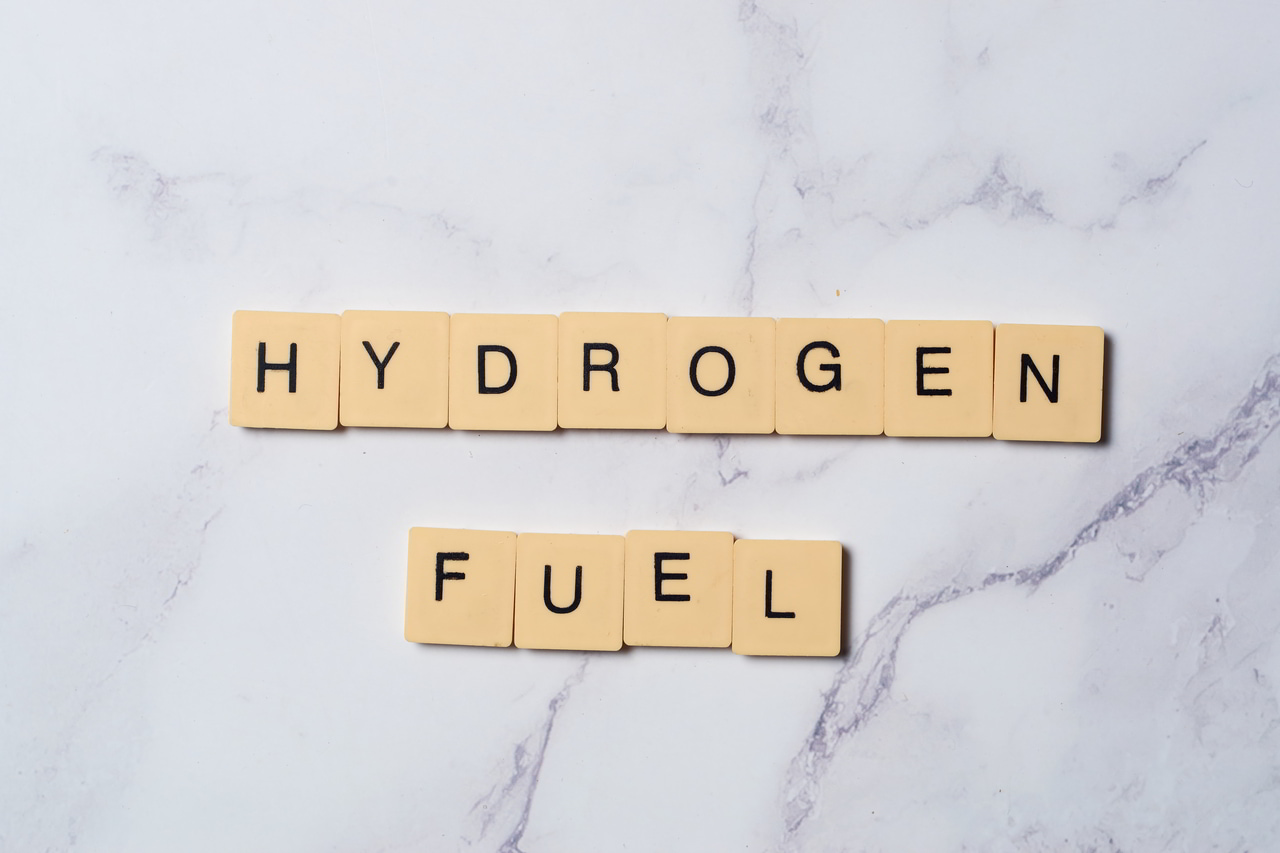Between tightening emissions regulations, rising fuel costs, and mounting pressure to decarbonise, vessel operators are increasingly incentivised to explore greener alternatives—such as hydrogen. However, what can you do if you already have diesel-powered fleets? Undertaking a diesel-to-hydrogen conversion might be the answer.
In many cases, it’s indeed possible to convert a diesel fuelled ship into using hydrogen fuel instead, but it’s not as simple as swapping one engine for another. Hydrogen retrofits are a significant undertaking that require careful planning, engineering know-how, and collaboration with experts in hydrogen fuel cell technology.
That said, they’re not only possible—they’re happening right now and opening doors to cleaner, more efficient shipping as a result.
Why Convert to Hydrogen in the First Place?
Before we dive into the “how,” let’s address the “why.” For many shipowners, the motivation to shift to hydrogen comes from a few key drivers:
- Regulatory compliance: With the IMO’s decarbonisation targets and regional legislation like the EU’s FuelEU Maritime directive, operating a diesel vessel is only going to get more expensive with time.
- Fuel cost volatility: Diesel prices can spike unpredictably. Hydrogen, particularly when locally produced, offers more price stability in the long term.
- Lower emissions: Hydrogen fuel cells emit zero CO₂, NOₓ, SOₓ, or particulate matter—just water vapour.
- Long-term cost savings: Though the upfront investment is higher, fuel cell generators typically have lower maintenance costs and higher fuel efficiency, which results in more savings over time.
Whether you’re trying to meet emissions targets, stay competitive, or simply do your part for the planet, a switch to hydrogen fuel cell generators could be a game-changer.
Can My Ship Be Converted?
The short answer: it depends on your vessel.
Not every ship is a candidate for a full hydrogen conversion. Some older vessels may not have the space, weight allowance, or operating profile needed for an effective retrofit. But many vessels—particularly those running short routes, inland waterways, or operating in regulated ports—can be strong candidates.
If your vessel fits any of the following criteria, a hydrogen retrofit is worth exploring:
- It operates in emission-controlled areas
- It runs consistent or predictable routes (good for refuelling planning)
- It has available onboard space for tanks and fuel cell systems
- It’s due for a major refit or repowering anyway.
At Proteus Energy, we’ve worked with a range of vessel types to assess hydrogen retrofit feasibility. In most cases, some form of conversion is possible, whether full or hybrid.
Key Components of a Hydrogen Retrofit
Switching from diesel to hydrogen involves more than pulling out your engine and plugging in a fuel cell. Here’s a high-level look at what a hydrogen retrofit usually involves:
1. Fuel Cell Integration
Instead of a diesel engine, you’ll be installing a hydrogen fuel cell generator to produce electricity. This electricity can be used to drive electric propulsion motors or supply onboard systems. Depending on your vessel’s size and power needs, this could involve one or multiple fuel cell stacks.
2. Hydrogen Storage
You’ll need to install onboard hydrogen tanks, typically storing compressed hydrogen gas at 350 or 700 bar. These tanks need to be safely integrated into your vessel’s layout, which may require reconfiguration of cargo or engine spaces.
3. Control and Safety Systems
Hydrogen is safe when handled properly, but it does require robust monitoring and control systems. This includes sensors, fire suppression, venting, and emergency shutoffs designed specifically for hydrogen use.
4. Refuelling Access
Your ship needs to have access to hydrogen bunkering infrastructure—or at least a feasible way to access mobile refuelling solutions. This is one area that continues to evolve, with ports across Europe and Asia investing heavily in hydrogen-ready facilities.
5. Battery and Power Management (Optional)
While not strictly necessary, many hydrogen vessels also include a battery bank to support peak loads and improve system efficiency. These hybrid configurations allow the fuel cell to run at optimal capacity while the battery handles spikes in power demand.
How Long Does It Take?
Timelines for these retrofits can vary depending on vessel type, complexity, and whether it’s a full or hybrid conversion. On average, a hydrogen retrofit might take anywhere from 2 to 8 months, including engineering, procurement, installation, and testing.
Starting with a feasibility study is critical. A trusted hydrogen fuel cell company—like Proteus Energy—will work with your team to assess space, power demands, vessel profile, and regulatory considerations before kicking off design and integration.
What Does It Cost?
The cost of converting a vessel to hydrogen can range widely—anywhere from several hundred thousand dollars to several million, depending on vessel size and fuel system design. While the upfront investment is significant, there are strong economic drivers to consider:
- Lower fuel consumption due to high fuel cell efficiency
- Reduced maintenance costs
- Incentives and funding available from governments and green transition programs
- Avoided carbon compliance costs (especially in Europe).
Over time, the total cost of ownership can be competitive—and in some cases, lower than continuing to operate a traditional diesel vessel.
What Are My Options?
If you’re considering a conversion, there are generally three pathways:
- Full Conversion – Diesel out, hydrogen in. Ideal for vessels with clear space and predictable operations.
- Hybrid Setup – Combine hydrogen fuel cells with existing diesel or batteries to reduce emissions without full replacement.
- New Build Planning – If a conversion isn’t practical, it may make more sense to plan your next vessel as hydrogen-ready from the start.
Make The Switch With Proteus Energy
While converting diesel ships to hydrogen fuel isn’t as simple as a plug-and-play solution, it’s entirely doable with the right partners and planning. More importantly, doing so is a strategic move that can future-proof your fleet, cut emissions, and unlock new opportunities in the evolving maritime sector.
At Proteus Energy, we specialise in designing and delivering hydrogen fuel cell solutions for the maritime industry. Whether you’re exploring a full retrofit or a hybrid approach, we’re here to guide you with deep technical knowledge, marine engineering expertise, and proven systems that are already in operation today. Speak to us now to find out if hydrogen is right for your vessel and how to make the transition as seamless as possible.




